
A huge “Thank you!” to the 80 women who responded to the survey I posted in my previous blog, “Let it rip!—Donald Trump & White Female Evangelical Voters”.
Let it be said, “They let it rip!”
Their responses were candid, heartfelt, and profoundly helpful. They made it easier for me to head into the Evangelicals for Justice Webinar on “Race, Gender, and Christian Nationalism: The Impact of Trumpism on Evangelicals” to talk about “Inroads of Trumpism among White Evangelical Women” armed with what I learned from them.
Responses underscored the voting dilemma that confronted white evangelical women when Donald Trump became the Republican party candidate. Here was a candidate whose campaign embraced the Republican pro-life/anti-abortion stance, who promised to appoint more conservative judges, and pledged to Make American Great Again!
At the same time, he brought with him a well-known reputation as a misogynist, racist, and a bully. His campaign appearances and subsequent term as president provided fresh examples of those character traits. That created the conundrum many white evangelical women faced over which box to check in the 2016 presidential election.
The survey asked them to list pros and cons for a Trump vote, what influenced their vote in 2016, what if anything changed in the 2020 election, what impact did the Access Hollywood video have on their decision, how all of this, including well-known evangelical leaders’ endorsements of Trump, impacted their faith and their identity as evangelicals. Responses came from white evangelical women on FaceBook, Twitter, or who follow my blog.
The 2016 Conundrum
In general it was quite clear that the pros and cons were split between Trump’s policies and his character. It would ultimately reveal how for some women, his behavior toward women was a decisive factor, and how for others policies mattered more. It’s worth noting that women who leaned toward supporting and/or who voted for Trump were clear-eyed about the cons; also that several Never-Trump voters responded “none” to the pros.
——Pros:
-
- Anti-abortion + Supreme Court Justices
- Addressed fears of losing America’s white Christian heritage
- Not a career politician
- Successful businessman
- Strong man willing to fight for them
- Kept his promises
——Cons:
-
- Character and Behavior
- Misogyny
- Racism
- Bullying
- Narcissism
- Self-centered
- Verbal abuse of Meghan Kelly, Carly Fiorina and other Republican primary candidates
There was significant animus toward Hilary Clinton. Several stated the 2016 election didn’t offer any “good choice” and that Hilary was “just as” or “more corrupt” than Trump. Most respondents didn’t disclose how they voted other than that they “voted against Trump”—3rd party, write-in, or for Clinton either in protest or because they supported her and believed she was more qualified.
Here’s how one woman resolved the 2016 conundrum: “I pulled the lever for Hilary and asked God to forgive me.”
The survey reflected the significant spiritual impact of the strong public role of evangelicals in supporting Trump. Almost all of the women confirmed their evangelical faith, but a significant number expressed reluctance or a refusal to embrace the label.
Women with experience in foreign countries brought an important perspective to the issues. A woman who lived two and half years in China said the biggest challenge she faced when sharing the gospel was “proving Christianity isn’t a white man’s religion.”
Another having lived in Muslim majority countries said “Trump’s discourse regarding Muslims inspired fear and division” and his “‘build the wall’ campaign was extremely divisive and harmful.”
Fear of persecution, which often surfaces among American evangelicals, drew this response from another woman with international experience: “American evangelicals have no concept of real persecution.”
Several moms expressed grief over how evangelical support for Trump and toxic divisions in the church prompted their adult children to leave the church and their faith. Many respondents are grieving over broken relationships related to political differences.
The 2020 Shift
By the time the 2020 election rolled around, evangelical women brought more information to their voting choice. Four years of a Trump administration, the cost of the Coronavirus pandemic in human life and livelihoods, the surging #MeToo and #ChurchToo movements, racial and political unrest, combined with the lingering impact of the Access Hollywood video and how evangelical leaders dismissed it—all of these factors and more caused a decisive shift among these white female voters.
By the time of the 2020 election, women who previously voted third party, write-in candidates, or abstained were now of a different mind. Trump’s conduct during his time in office and the fact that “Joe Biden wasn’t Hilary” freed them to vote decisively for Biden in an effort to defeat Trump. Many said the Access Hollywood video “cemented” their decision.
By far, the most unexpected response came from outside the survey—in an article titled, “I Spent 4 Years Trying to Understand Trump-Voting Abuse Survivors. Here’s What I learned.” The author, an executive director of a rape and violence prevention program in Boston wrote,
“One of the first women I interviewed had survived sexual abuse that was perpetrated by the leader of her church. . . . She was always afraid of being raped again. That’s why she chose Trump. He promised to close our borders, and secure borders made her feel safe. While she detested him personally, his harsh, clear rhetoric about keeping the “bad people” out made the world feel less out of control.”
That one statement underscores the complexity of the current political and evangelical context.
My Reflections
Ever since the E4J Conference, I’ve been mulling over what I’ve learned from survey responses and also from the many other powerful presentations. Mine wasn’t by far the only presentation. I hope you watched the whole conference or will watch when the recording is posted on www.evangelicals4justice.org. They gave us all a lot to think about.
I concluded my presentation by raising three serious areas I believe deserve further attention for all Christians and that are profoundly relevant to our political views and how we interact with one another.
First, as Christians we all have dual citizenship. We are citizens of our country and citizens of the kingdom of God—the kingdom Jesus launched when God raised him from the dead. In his book, The Myth of a Christian Nation, Pastor Greg Boyd explains that no human government is the kingdom of God. The best any human government can be is a good kingdom of this world. But there is only one kingdom of God. We can be patriotic and care passionately about certain local national issues. But when we embrace Jesus as Savior and Lord, seismic changes take place in who we are and how we think and live. We not only embark on the life-changing journey to know, love, and emulate Jesus, we become kingdom agents of the work he is doing in the world—the rescue operation God put in motion when he raised Jesus from the dead. It goes beyond evangelism to seeing the world through his eyes, hearing the cries of the oppressed and suffering, and entering the work to put the world right. N.T. Wright put it this way:
“From the very beginning, in Jesus’ own teaching, it has been clear that people who are called to be agents of God’s healing love, putting the world to rights, are also called to be people whose own lives are put to rights by the same healing love. The messengers must model the message. . . . Through the church God will announce to the wider world that he is indeed its wise, loving, and just creator; that through Jesus he has defeated the powers that corrupt and enslave it; and that by his Spirit he is at work to heal and renew it” (italics added). –Simply Christian (203-204)
Second, we need to put patriarchy in its place. For generations we’ve been taught that the Bible teaches patriarchy. Patriarchy first appears in the Bible in Genesis 3 as a consequence of humanity’s rebellion against God. It has been with us ever since—the power and authority of men over women and of some men over other men. Our definitions of manhood hang on a man’s ability to establish his leadership and authority over others. Granted, at church we work to promote a “kinder/gentler version,” but there’s no escaping the damage of this mindset in homes, countries, government, even inside the church. Tragically, patriarchy is as destructive to men as it is to women.
It requires eisegesis (the practice of reading one’s own ideas into the Bible) to find patriarchy in Genesis 1-2, because it simply isn’t there. But patriarchy still matters—actually is crucial in how we read and understand the Bible. Here’s what I wrote in Malestrom :
“Patriarchy is not the Bible’s message. Rather, it is the fallen cultural backdrop that sets off in the strongest relief the radical nature and potency of the Bible’s gospel message. We need to understand that world and patriarchy in particular—much better than we do—if we hope to grasp the radical countercultural message of the Bible.”
Third, we need to be far more pro-life than we actually are. God defined “pro-life” at creation when he called his human image bearers to “be fruitful and multiply.” The idea wasn’t confined to physical reproduction. It is a universal call to live fruitful lives—to flourish and to cultivate and use the gifts and opportunities God has given us. It also meant to promote the flourishing of others from womb to tomb, as well as the flourishing of the whole earth. Humanity’s first responsibility was to be stewards of the earth’s resources, and God wants his good earth to flourish.
Currently, one of the most serious pro-life issues is the #MeToo/#ChurchToo sexual abuse pandemic. Right now, Coronavirus has eclipsed it. But once this deadly virus is defeated, we will find that violence against women and children has been festering unabated globally. #MeToo/#ChurchToo and other abuses inflicted on human beings are pro-life issues that in the church go unaddressed or are badly addressed. This prolife issue, this Shadow Pandemic, is the focus of my next book. I will be exploring, among other things—the Bible’s #MeToo stories—a major overlooked biblical resource that can equip the church to respond effectively to abuse and prevent it from happening in the first place.
Stay tuned . . .
Meanwhile, for further reading:
——“Why Donald Trump is Good for Evangelicals”
——“The Failure of Complementarian Manhood”
——“Evangelical—When a Good Word Goes Bad”




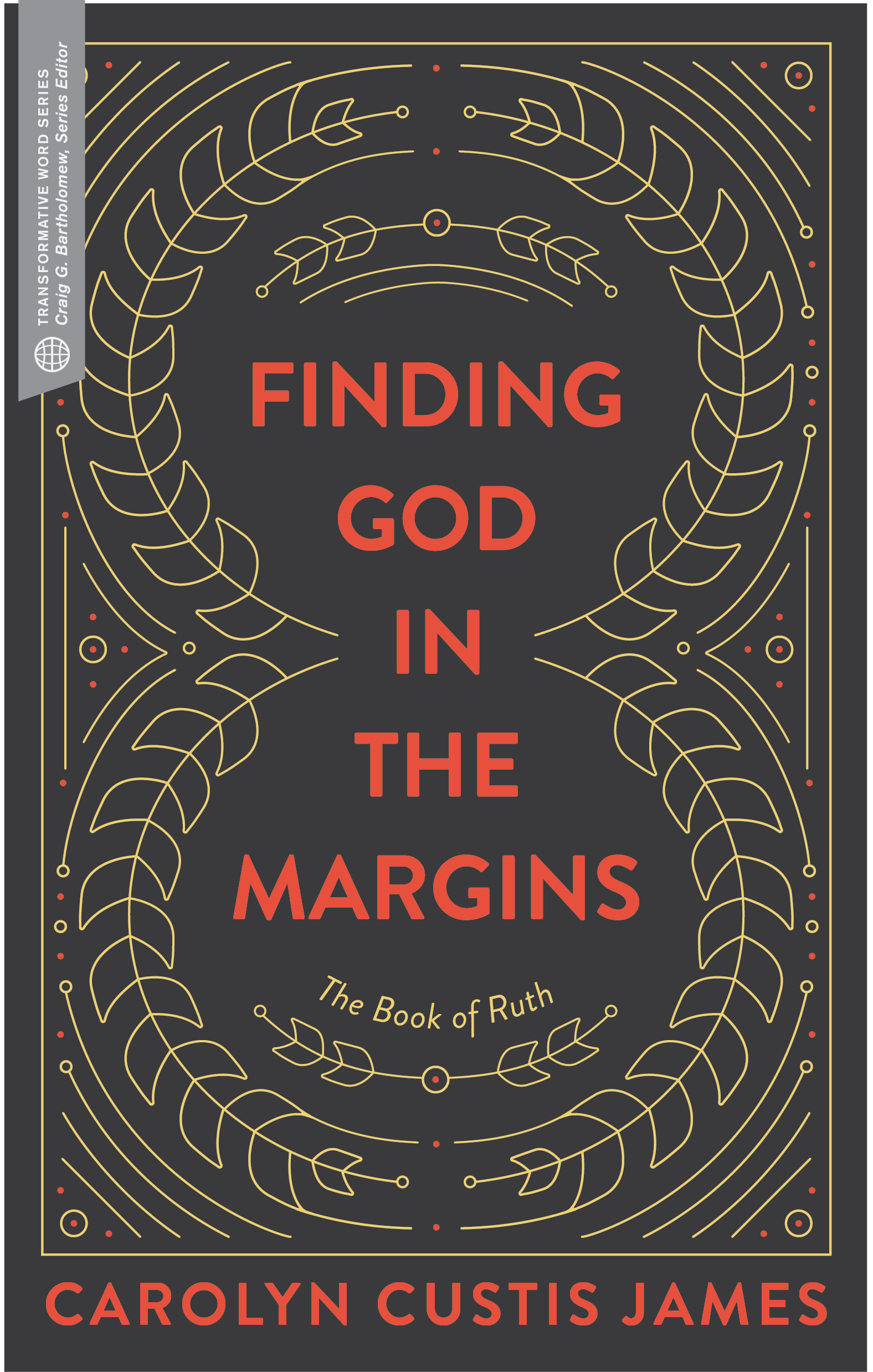




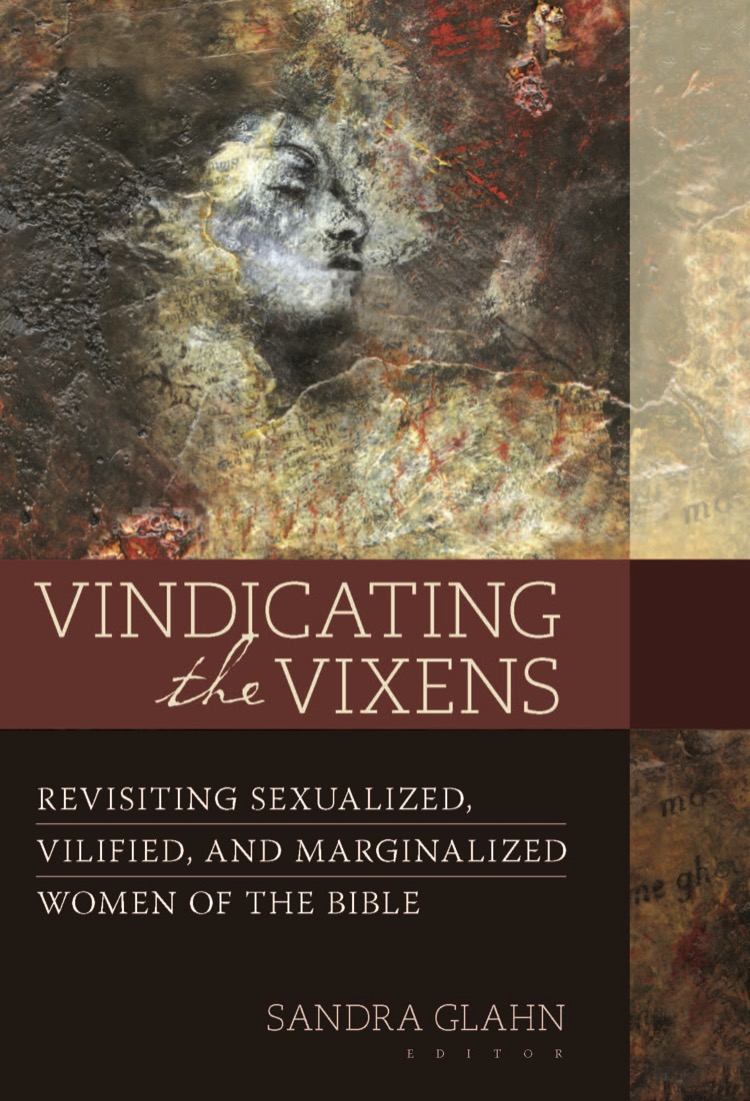
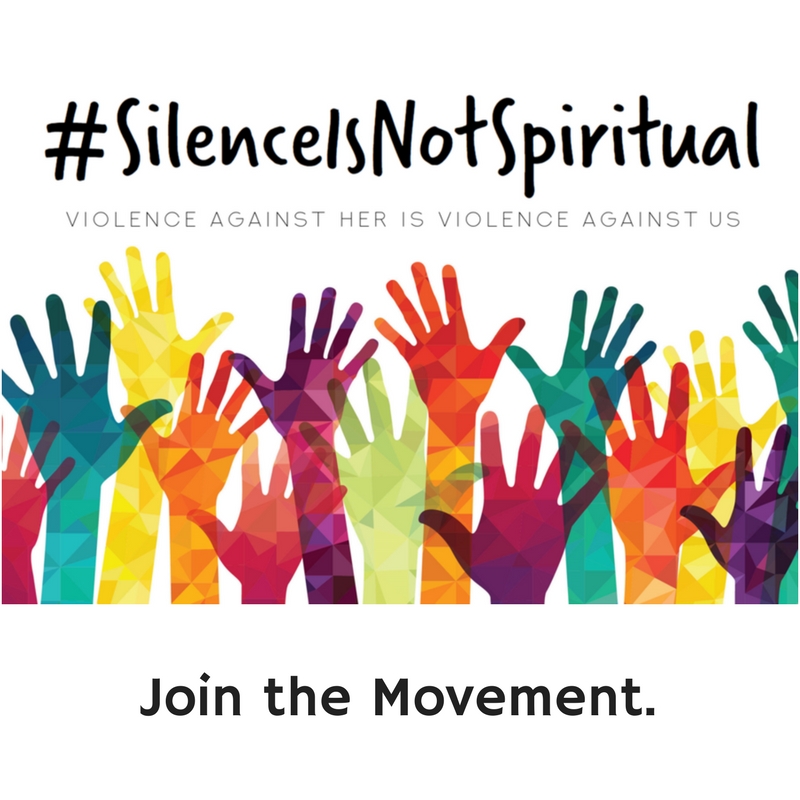

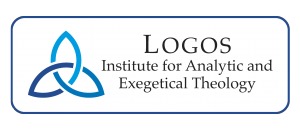
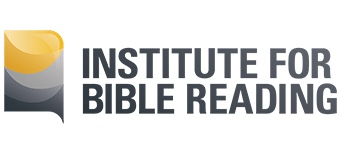

I find it appalling that there apparently was a significant number of women that voted for Trump due to “ Addressed fears of losing America’s white Christian heritage.”
WHITE!
LikeLike
Thanks for your comment. I wouldn’t say “a significant number,” but certainly this fear is a serious issue among the wider population of evangelical Trump voters and in part the fact that we haven’t faced the truth about our own white history. Read Greg Boyd’s book. It is a powerful corrective. Also Robert Jones’ new book White Too Long. I’ve started reading–first chapter knocked the wind out of me. Robert participated in the E4J Webinar.
LikeLike
dt will never be presidential. The 4 years he was in office have tested my faith. I have a bigger picture of God & His ancient Hebrew text. I have left my church and am looking for one that is inclusive, not exclusive. I let it rip for your survey. But dt was a disgrace & hurt evangelicals mightily. The evil one has been twisting the tails of evangelicals since the 70’s & the whole abortion issue. Frankly, I’m disgusted by it. We do not give women a “choice” of anything.
I’m not sure how to take your missive. But as for me, Biden is a breath of fresh air & Jesus would approve.
Linda Lewis
From: Carolyn Custis James Reply-To: Carolyn Custis James Date: Saturday, February 6, 2021 at 15:09 To: Linda Prestiled-Lewis Subject: [New post] The Trump Conundrum of the White Female Evangelical Voter
carolyncustisjames posted: ” Image by Gerd Altmann from Pixabay A huge “Thank you!” to the 80 women who responded to the survey I posted in my previous blog, “Let it rip!—Donald Trump & White Female Evangelical Voters”. Let it be said, “They let it rip!”&nb”
LikeLike
Linda, I am grateful that you “let it rip” and are still doing it here. You are not alone in having your faith shaken by DJT’s association with Evangelicalism. As I noted in this report, most of the women who responded still embrace evangelical beliefs, but have abandoned the label.
I’m guessing you are especially concerned about my comment that evangelicals fail to be pro-life enough. Should not our pro-life commitments also include issues such as poverty, racial injustice, #MeToo and #ChurchToo, education, death penalty, etc.? Surely these are sacred life and death issues as well.
Let me make a couple of comments with respect to the abortion issue. I find it interesting that for all of the many campaign promises pro-life politicians have made regarding anti-abortion as a policy priority, they haven’t made a dent in Roe v. Wade. Lots of rhetoric, but no action. Also, evangelicals have failed to enter into the complexity of this question. The issue is significantly more complicated than current political discussions acknowledge. So when I say, we need to be “far more pro-life” than we are, I would include this issue too. Abortion wasn’t on the radar of evangelicals until the 1970’s (read Jesus and John Wayne) “Only in time, as abortion became more closely linked to feminism and the sexual revolution, did evangelicals begin to frame it, not as a difficult moral choice, but as an assault on women’s God-given role, on the family, and on Christian America itself” (68-69). Abortion isn’t an academic question. Real lives are at stake. There’s no easy remedy for an out-of-wedlock pregnancy. So far as I know, there’s only been one immaculate conception—so there’s a whole missing piece to this conversation. I’ve been deeply moved by concerns raised by Christian pediatric intensive care nurses who see the terrible suffering newborns endure who only have hours to live. We need a more robust, theologically deeper and compassionate, non-political discussion of this life-and-death issue that touches so many lives.
LikeLike
I just want to thank you for asking the questions and giving space for us to speak freely. After I wrote my answers, I realized how much this experience is a part of my story, and how little of it I feel free to share with even my own friends.
Because you asked, I felt heard. I was surprised at how much that meant…even if it was for research purposes only! 🙂
Jessica Cotten
>
LikeLiked by 1 person
Jessica, You weren’t the only respondent who valued the freedom to express their views and who are grieving how this has stifled and hampered relationships. Thank you so much for participating and for the follow-up. It really helped to hear from others.
CJ
LikeLike